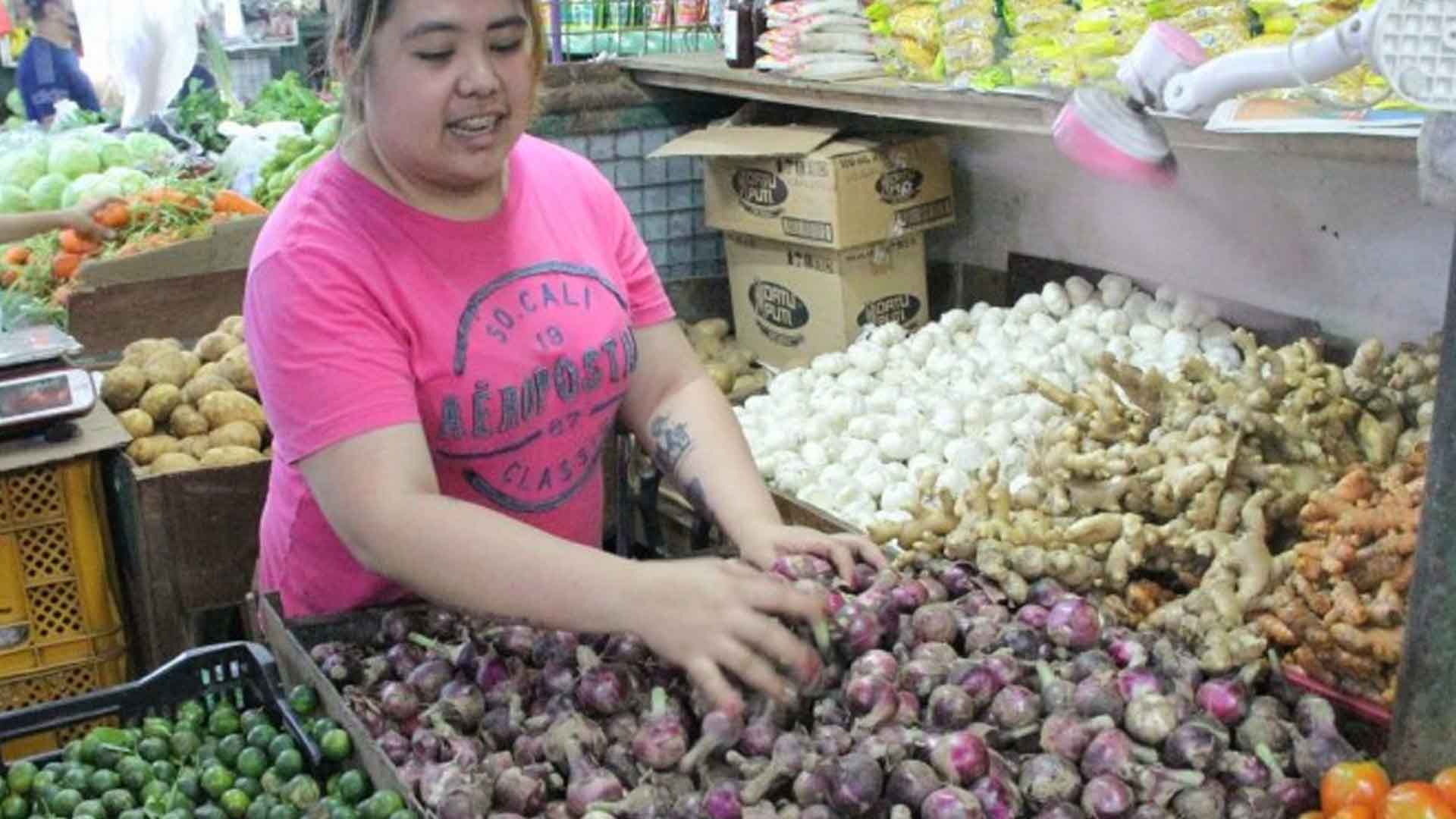Farmers should be given direct access to the market to avoid traders who, more often than not, profit more.
Senator Cynthia Villar said Tuesday it is time for the country to change its food value chain to give farmers more profit and for less expense on the part of the consumers.
The national government has activated more Kadiwa stores starting November last year to reduce logistics costs and improve agricultural infrastructure that will ensure food security.
Data from 2022 showed Kadiwa stores served 450 farmer groups and some 1.22 milllion households in less than two months, generating PHP418 million in sales from 19,383 selling activities of farmer cooperatives and associations and agricultural-fishery enterprises nationwide.
“‘Yung RCEF [Rice Competitive Enhancement Fund] sinabi ko sa PhilMech [Philippine Center for Postharvest Development and Mechanization], bigyan mo ng dryer and milling [machines] para pag-produce niya, rice na siya tapos ‘yung coop nila can go to the supermarket and malalaking tindera sa mga palengke na sila na ang magsu-supply diretso. Dadating sa ating mas mura tapos mas malaki ang kita nila (Under the RCEF, I told the PhilMech to give [farmers] dryer and milling machines so they can produce rice and their cooperative can go to the supermarket and retailers in the market and supply them directly. We can buy it cheaper and they can earn more]. That’s the value chain,” Villar said in an interview on Tuesday.
The Committee on Agriculture, chaired by Villar, is pushing to amend Republic Act 10845 or the Anti-Agricultural Smuggling Act which declares large-scale agricultural smuggling as economic sabotage.
“Ngayon ang solusyon namin mag-a-amend kami ng large-scale agricultural smuggling para paghigpitan pa namin tapos lalagyan na rin namin ng against cartel, profiteering, hoarding (Now, our solution is to amend large-scale agricultural smuggling to tighten the law and we will put [provisions] against cartel, profiteering, hoarding),” Villar said. “In the future, kung hindi man natin ma-solve ang problem, ma-lessen natin (if we cannot solve the problem, we can at least lessen it).”
In a recent statement, Villar suggested the provision of storage facilities for onion farmers to stop the supply and demand manipulation being done by traders and importers.
The Department of Agriculture (DA) said it will build six cold storage facilities this year in onion-producing regions Ilocos, Cagayan Valley, Central Luzon and Mimaropa in support of local farmers.
Each facility with a capacity of 20,000 bags will cost up to PHP40 million.
In March 2022, the DA turned over two cold onion storage facilities, with capacity of 10,000 and 20,000 bags, respectively to farmers of Valiant Primary Multi-Purpose Cooperative in Barangay Marcos Village, Palayan City, Nueva Ecija and a PHP20-million facility to the Sapang Multi-Purpose Cooperative in Moncada, Tarlac.
Quick action
Senator Risa Hontiveros, meanwhile, praised President Ferdinand R. Marcos Jr.’s response to agriculture-related problems, like sugar importation and smuggling, high prices of onions and the looming egg shortage.
“I’m glad na nire-recognize ni Presidente na marami pang ibang problema (I’m glad that the President recognizes other problems) and one of the top ones is really agriculture,” Hontiveros said in an interview with a news channel.
Expressing alarm on a possible egg shortage, Hontiveros said top producers such as Batangas should be protected from the spread of avian influenza.
She suggested that the DA create a mechanism that will compensate raisers for each chicken culled to minimize losses. (PNA)







